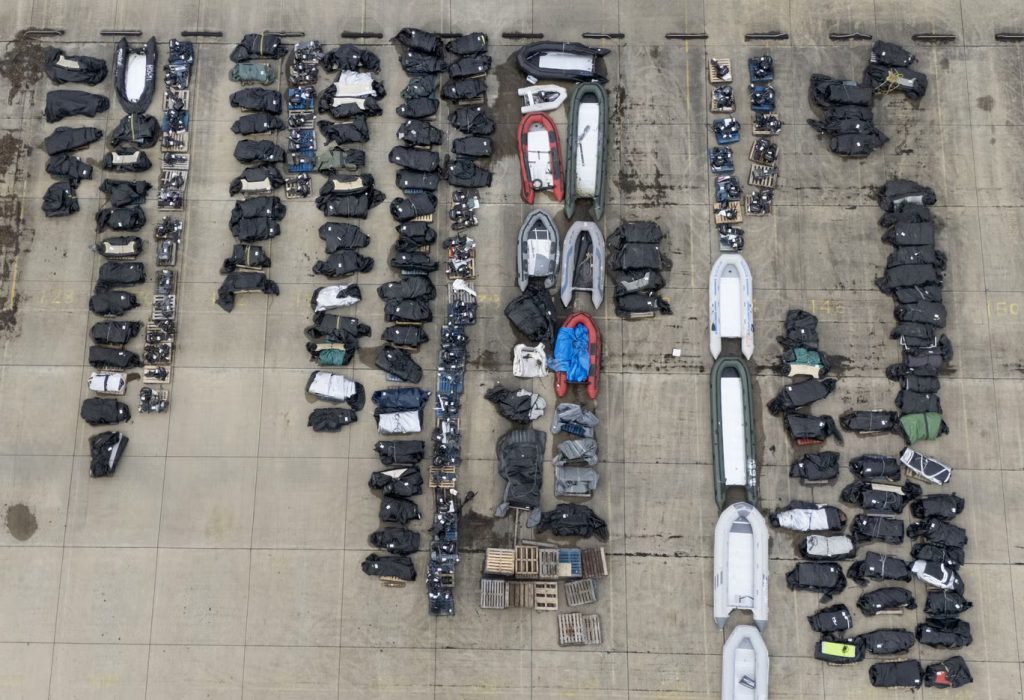Greece is pushing for a new migration plan that involves setting up return centres in African countries for asylum seekers who are rejected in Europe. The country’s migration minister, Thanos Plevris, said the government wants to begin formal talks with several African nations to support this idea. For many years, Greece has been one of the main entry points into Europe for refugees, especially during the 2015–2016 crisis, when more than one million people—mostly from the Middle East—arrived through Greek borders.
Although general migration numbers have dropped since then, new pressure is building on the southern islands of Crete and Gavdos. These areas, which are now seeing a rise in arrivals from North Africa, have become a growing concern for Greek authorities. Plevris explained that Greece is already discussing the creation of “migrant return hubs” with Germany and has officially shown interest in being part of this EU-level plan.
He said that the European Union is exploring arrangements with “safe African countries” that could receive migrants who cannot be deported directly from Europe. According to him, this type of cooperation would help EU countries return irregular migrants more quickly and reduce the number of new arrivals. He gave an example of how the policy could discourage dangerous journeys, saying, “Imagine sending an Egyptian migrant headed for Europe to Uganda instead.”
A similar partnership already exists between the Netherlands and Uganda. Their agreement allows rejected asylum seekers from certain African countries to be transferred to Uganda as a transit point. Uganda has also accepted to host some migrants denied asylum in the United States who do not want to return to their home countries. This model is one of the key ideas being examined by Greece and other EU states.
Under the leadership of Prime Minister Kyriakos Mitsotakis, Greece has taken a tougher approach to irregular migration since 2019. The government has expanded the border fence along the Turkish frontier, increased sea patrols, and strengthened security operations to reduce illegal crossings. These measures have been widely debated both within Greece and across Europe, with supporters calling them necessary and critics accusing the government of pushing back migrants.
In response to the rising arrivals on Crete and Gavdos, Greece also introduced a controversial decision earlier this year. Between July and October, the authorities stopped processing asylum applications from people arriving by sea from North Africa. Human rights organisations condemned the move, saying it violates international refugee laws, but the government insisted it was needed to manage the situation.
What is Greece hoping to achieve with return centres in Africa?
Greece believes that return centres outside Europe will discourage migrants from making dangerous sea journeys, reduce pressure on Greek islands, and speed up deportation processes.
The discussion on return centres continues to grow among EU countries, and Greece is now positioning itself as a strong supporter of this idea. As migration numbers shift and new routes emerge, the country hopes that these partnerships with African nations will create a more controlled system for handling rejected asylum seekers.

